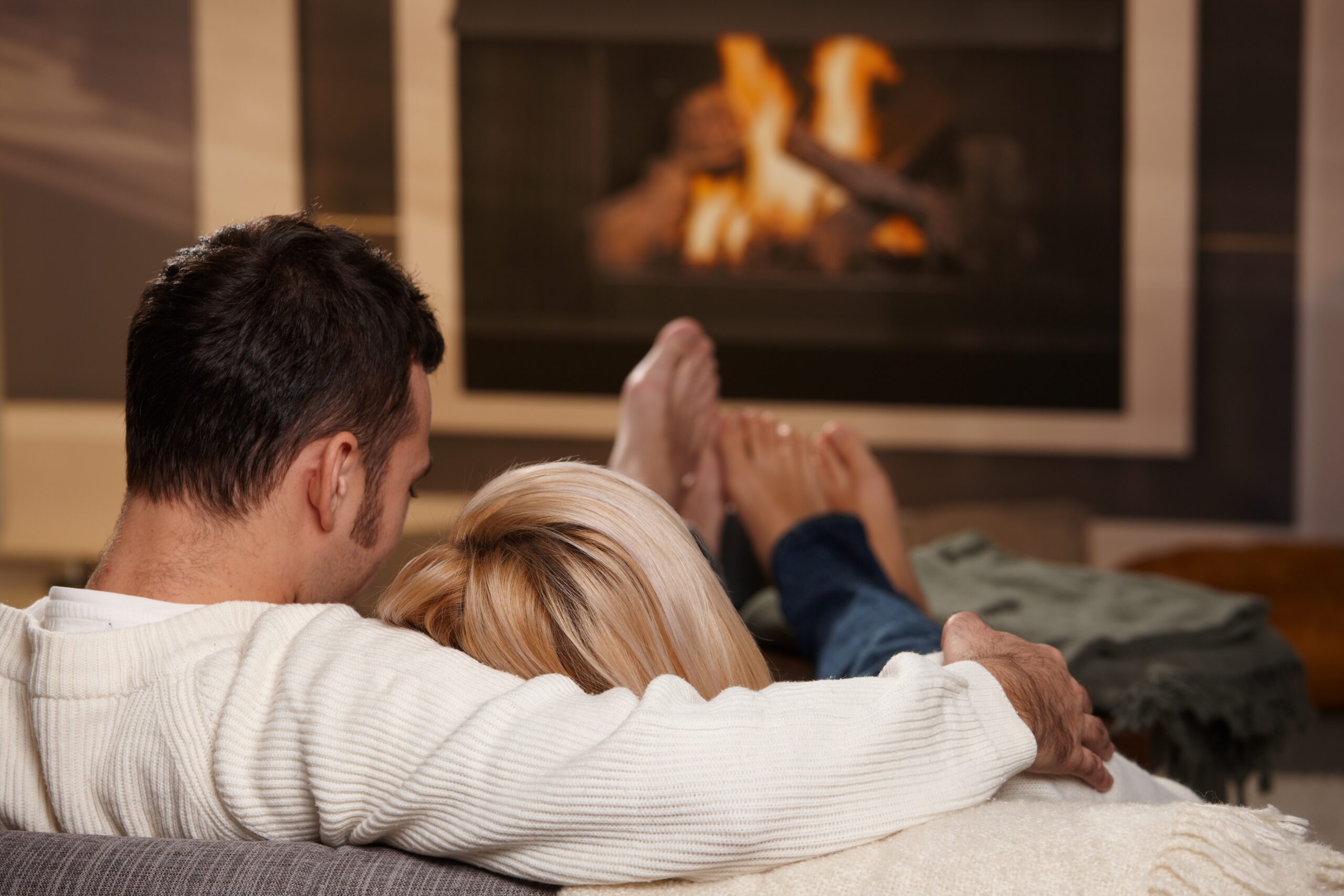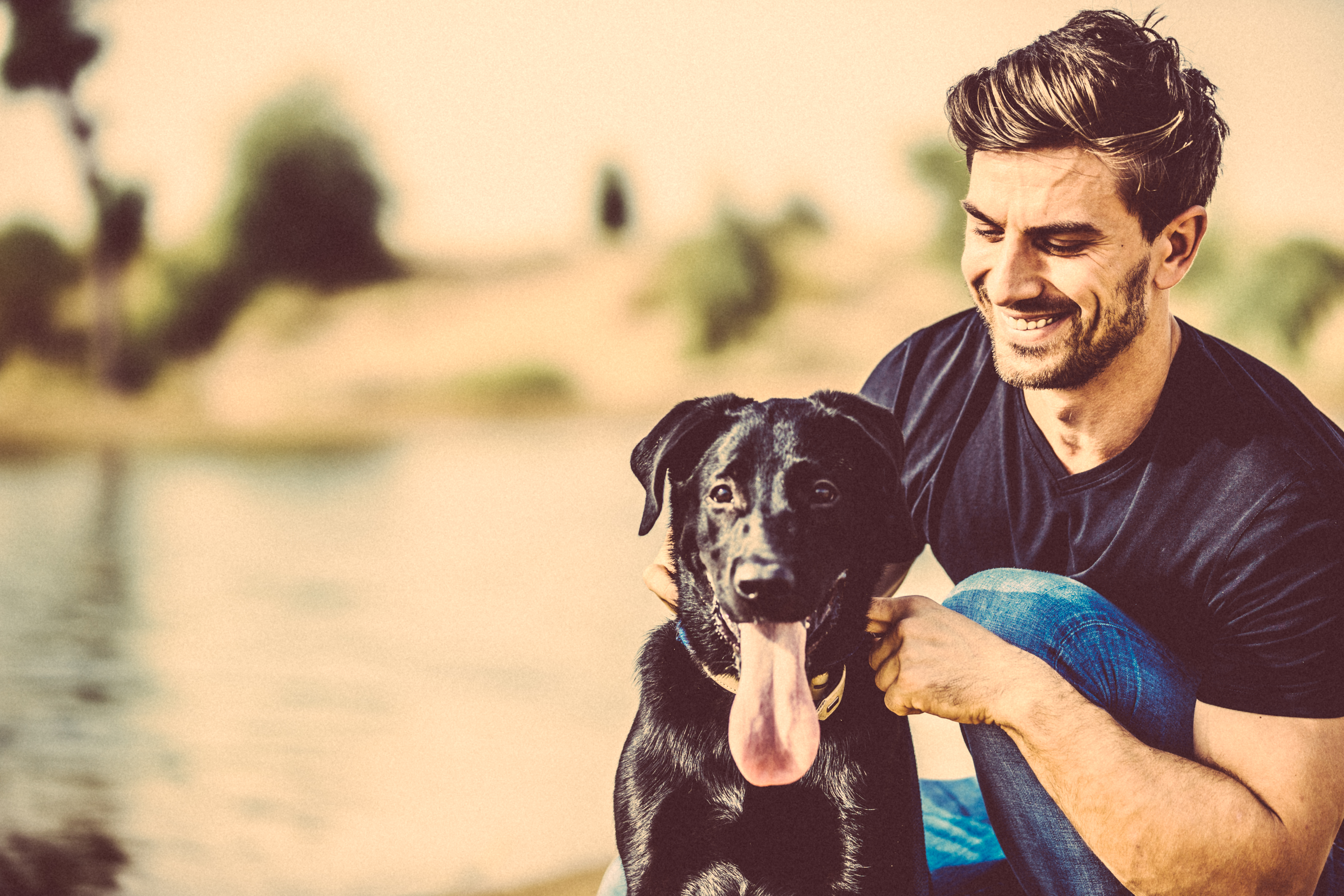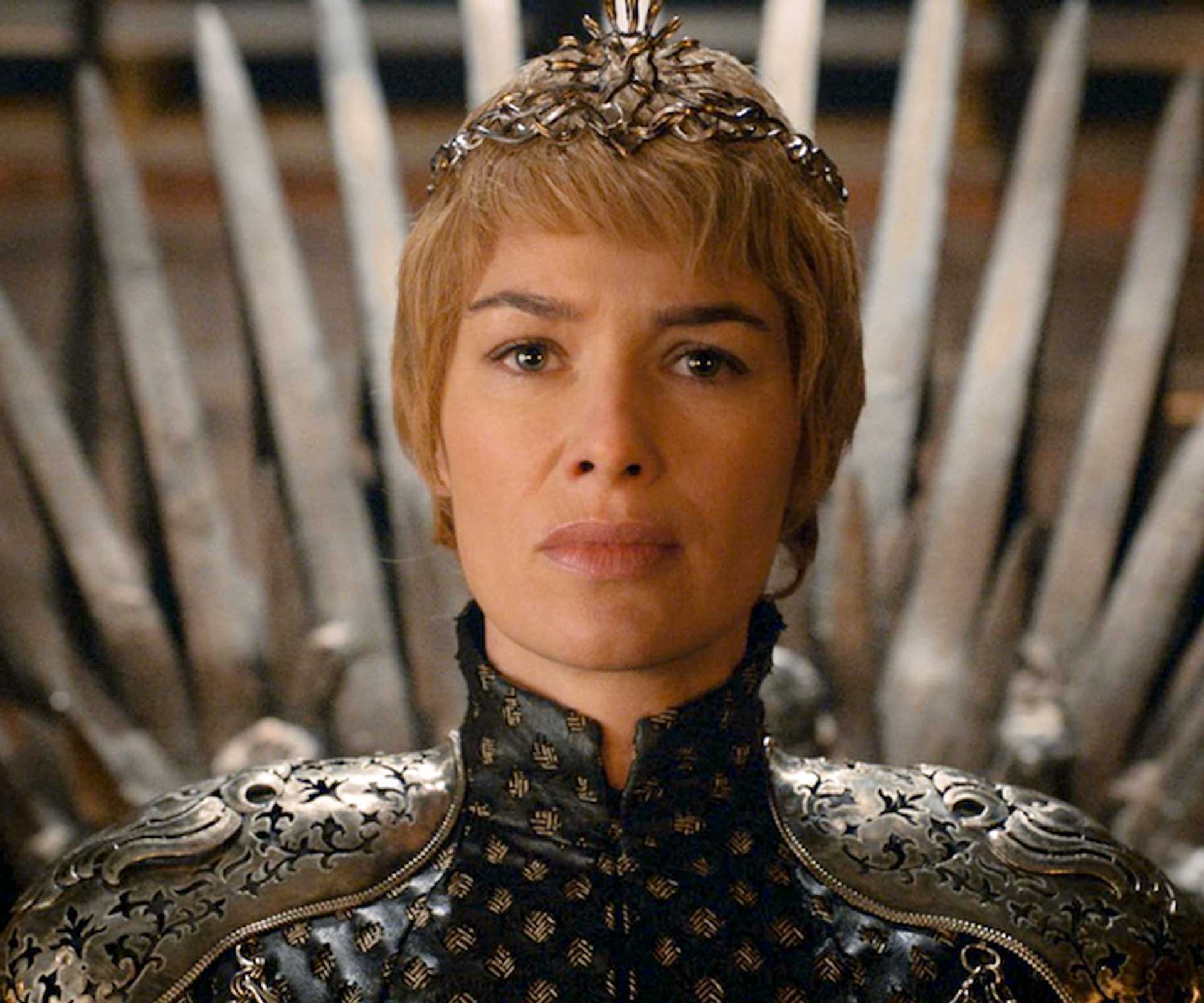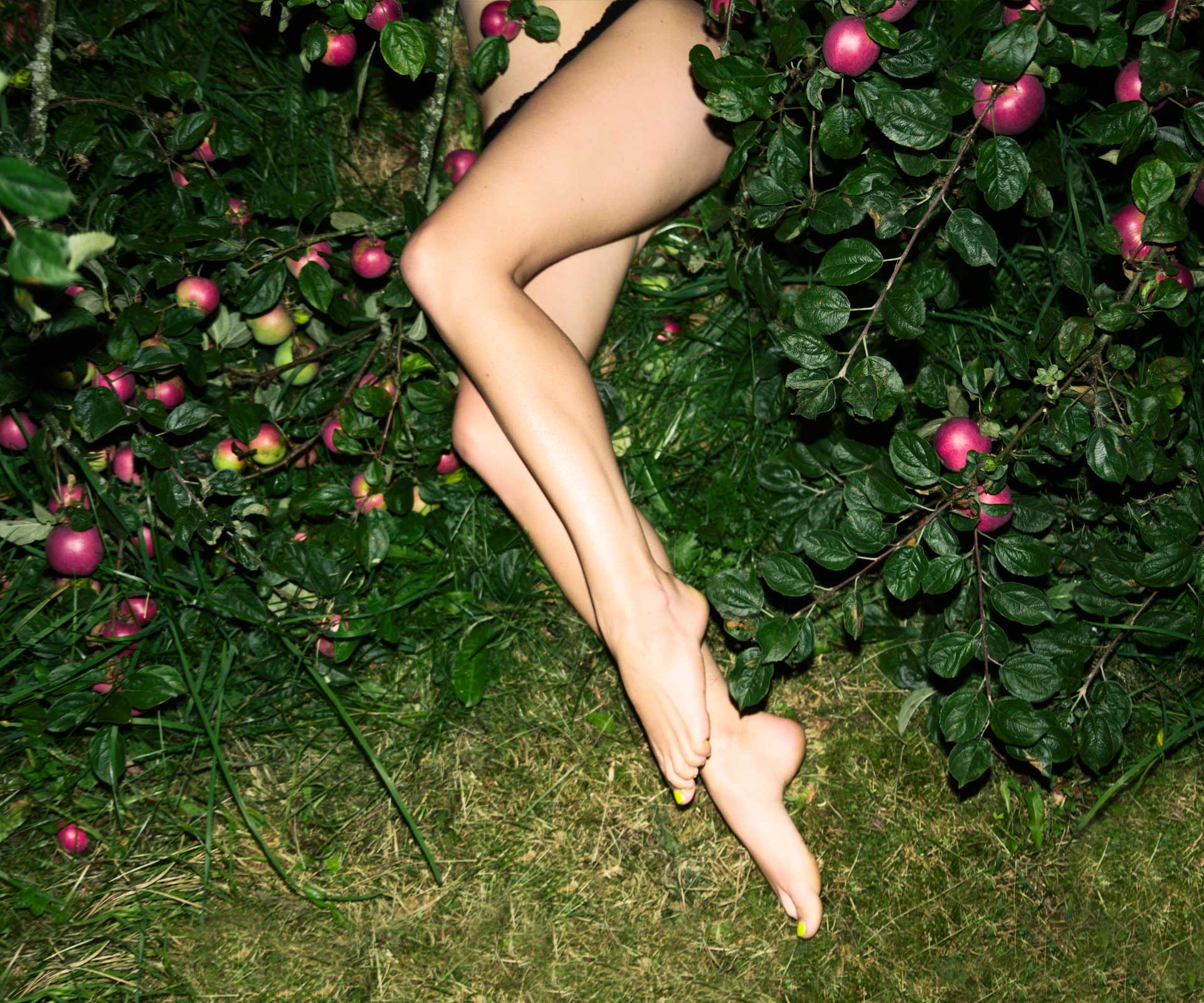It wasn’t that long ago that you met people in bars, through sports clubs or via mutual friends. But now everybody meets online – and while this is the norm for millennials, who are savvy with checking profiles, spotting dodgy characters and optimising their privacy settings, it’s less familiar territory for older singles, who might have unexpectedly found themselves back in the dating game after a marriage or long-term significant relationship didn’t work out.
So what are the ins and outs of online dating? What’s the difference between Tinder, Bumble and an internet dating site? How can you tell if someone is genuine? How do you create a profile that will attract the right person for you?
If you’re wondering where to begin – or whether to swipe right, super-like or send the first message (some dating sites have a rule where guys can’t make the first move) – here’s everything you need to know:

Finding the right dating site or app for you
It all comes down to choosing the right site for your relationship goals.
“If you are ultimately looking to settle down with someone, it makes sense to look for a site that is focused on creating lasting connections rather than a casual dating site,” says Sophie Watson from Elite Singles, a dating site for Kiwi singles.
To find a reputable site, talk to friends who’ve dated online to find out about their experiences. Ask them which sites they found best, and what they did and didn’t like about them.
Watson suggests doing some research to find a site that approves people’s profiles before they can join.
“This takes a bit pressure off you as you know that someone working at the company has been trained to keep an eye on the authenticity of the members’ profiles.”
If you’re thinking about going on Tinder, be aware that your profile will be linked to your Facebook page, so Tinder users can view your public profile and check to see if you have mutual friends. Before signing up, go back through your Facebook privacy settings and make sure they’re set to ‘Friends only’.
Tinder is an app that you can download for free. It works by alerting you to potential matches in the area you’re in – so different people will come up in your feed depending on where you are at the time (work, home, on holiday). You can set your radius as well as the gender and age range you’re looking for – then simply swipe right if you like the look of someone, and left if you don’t. (The left swipes will never know.) If your right swipe also right swipes you, you have a match and can then start messaging one another.
If you really like the look of someone you can ‘super-like’ them, and you can pay to ‘jump the queue’ and feature at the top of people’s feeds.
Bumble is similar to Tinder but geared more towards women – for example, instead of allowing two-way communication after a match, women have to make the first move. This gives women the opportunity to thoroughly vet guys before beginning a conversation with them. Unlike Tinder, match alerts only last for 24 hours before disappearing. If a guy really wants to get to know you, and you haven’t been in touch within 24 hours, he can choose to extend those 24 hours. He can do this with one person a day.

Setting up your profile – be ‘you on a really good day’
There are some definite do’s and don’ts here.
“I think the best way to attract the right kind of person for you is to make your profile a genuine depiction of yourself,” says Watson.
“This doesn’t mean warts and all – it just means making sure to use pictures and words that depict your wonderful self rather than relying on some sort of idealised template.
“As Saskia Nelson, founder of Hey Saturday, the world’s first dating photography business, puts it, you want to be ‘you, but you on a really good day’.”
Elite Singles ran a dating profile study to find out what Kiwis find attractive in a profile – and what puts them off.
“Interestingly, the most disliked thing overall was negativity,” Watson says. “It’s more likely to put New Zealand singles off than the likes of innuendo, poor spelling or clichés.
Don’t bad-mouth anyone or anything in your profile.
“Don’t like your ex? Your profile is not the place to work through those feelings!” Watson says.
“The same goes for more run-of-the-mill things like hobbies and favourite movies – you’ll seem more charming if you enthuse about what you do like rather than what you don’t.”

What about your profile pic?
In the profile study Watson mentioned above, 48 per cent of Kiwi singles said that they’d refuse to open a photo-less profile, and 49 per cent said that it’s the photos that most catch their attention when online.
There’s no real recipe for the perfect photo, she advises. “The best photos are those that capture the real you.”
Having said that, use photos that are well-lit and in focus; try to make the subject of the picture you (rather than your outfit or the background), and choose photos where you have a natural smile.
Profile pics featuring both pets and kids do well – they show commitment, nurturing and loyalty.

Profile pics that don’t do so well include:
Shirtless, if you’re a guy
Showing cleavage, or revealing too much, for women
Wearing sunglasses – people want to see your eyes
Group photos – which one is you?
Hunting pics – a lot of women are put off by guys that kill other creatures for sport
Photos taken at the gym – they scream ‘I’m too sexy for my shirt’
Mirror selfies – just cringy – ask a friend to take your photo
Overly active, outdoorsy shots – a little bit of outdoor life is great, like picnics on the beach and camping in summer, but not too much
How to keep yourself safe
If someone’s profile seems too good to be true, you are probably right to treat it with suspicion.
“There may well be a few people out there who are millionaire doctors with a beach house in the Caribbean and a super yacht, but it is unlikely! If something triggers your alarm bells, it’s a good idea to move on to a profile that feels more genuine.”
There are a couple of checks you can do to check a person’s authenticity:
Start with their pictures – do they look ‘real’ or like they are from a stock photo site? If you are suspicious, you can use Google to run a [reverse image search] on their picture – if you are directed to a stock image site, or they appear to be someone else’s photos, then stop all contact and report the profile to the dating site.
If they start asking for money, stop contacting them immediately, and report them to the dating site. And if you just don’t feel comfortable for whatever reason, you are not obliged to keep up contact.
“You are not honour-bound to let them down easily if they are making you uncomfortable, just withdraw from the conversation and block them if you think it’s necessary,” says Watson.
“If you have suspicions that they aren’t who they say they are, or if they’ve said something that’s made you uneasy, then take things a step further and report their profile to the dating site. A reputable site will have a dedicated team that is trained to look into these matters, so all you need do is disengage.”
It’s also wise to be skeptical if they start asking you for personal details right away, Watson says.
“Don’t give them your address, personal email, or date of birth until you get to know each other. You don’t even have to give them your phone number right away, even if they ask. It’s okay to keep messaging them onsite until you feel comfortable.”
Finally, use a little bit of caution with when and where you meet someone for the first time.
“Choose a public place for your first date, tell a friend where you’ll be and when you expect to be home, and make sure you have enough cash to catch a taxi home if need be,” Watson advises.
And finally…
All there is left to say is good luck! We hope you find the man or woman of your dreams


